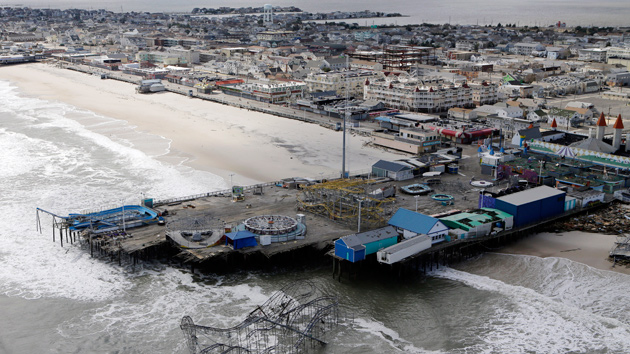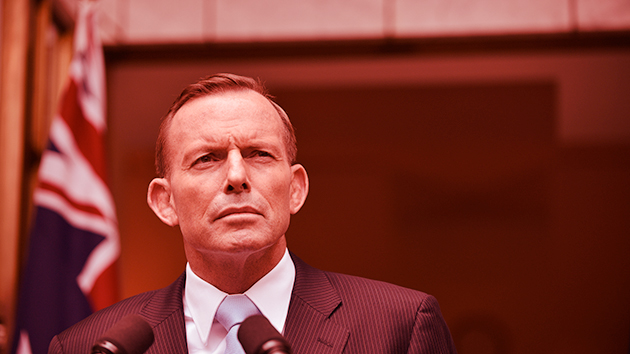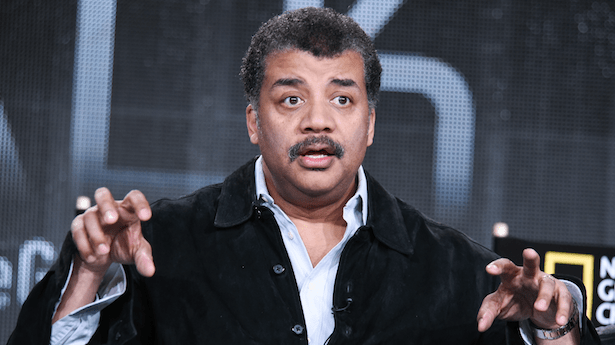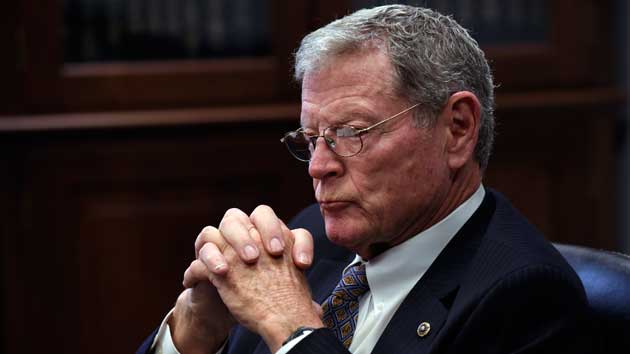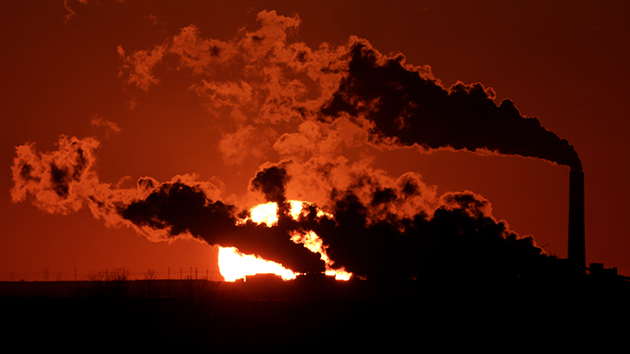
Charlie Riedel/AP
This morning, hours ahead of a looming deadline, the United States released its formal submission to the United Nations in preparation for global climate talks that will take place in Paris later this year. Known as an “intended nationally determined contribution,” the document gives a basic outline for what US negotiators will pony up for an accord that is meant to replace the aging Kyoto Protocol and establish a new framework for international collaboration in the fight against climate change.
The US submission offered few surprises and essentially reiterated the carbon emission reduction targets that President Barack Obama first announced in a bilateral deal with China in November: 26 to 28 percent below 2005 levels by 2025. The document then gives a rundown of Obama’s climate initiatives in order to demonstrate that the US goal is attainable with policies that are already in place or are in the works. Chief among those policies is the Clean Power Plan, which sets tough new limits for carbon emissions from the electricity sector, with the aim to reduce them 30 percent by 2030.
With today’s announcement, the United States joins a handful of other major polluters, including Mexico and the European Union, in formally articulating its Paris position well in advance. In a series of earlier UN meetings over the fall and winter, negotiators stressed that setting early delivery dates for these pledges was important so that countries will have time to critique each others’ contributions in advance of the final summit in December. But although the deadline is today, many other key players—including China, Brazil, Russia, Japan, and India—have yet to make an announcement.
Environmental groups’ immediate reactions to the US submission were mostly positive.
“The United States’ proposal shows that it is ready to lead by example on the climate crisis,” World Resources Institute analyst Jennifer Morgan said in a statement. “This is a serious and achievable commitment.”
At least one leading Republican offered an equally predictable rebuttal, according to the Associated Press:
“Considering that two-thirds of the US federal government hasn’t even signed off on the Clean Power Plan and 13 states have already pledged to fight it, our international partners should proceed with caution before entering into a binding, unattainable deal,” said Senate Majority Leader Mitch McConnell, R-Ky.
